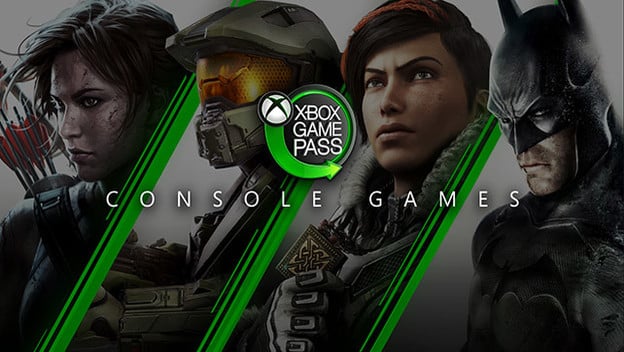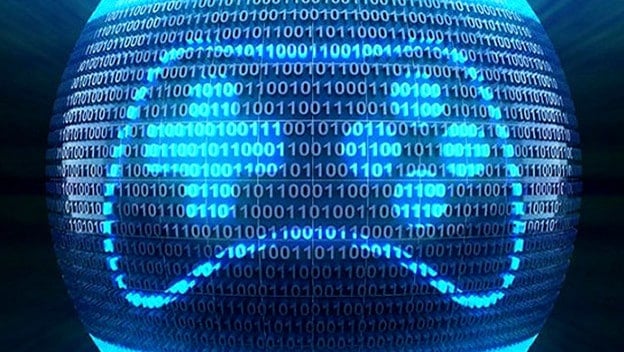Believe it or not, there was a time before smartphones and digital downloads for games. The closest gadget we had at the time of the original Xbox that could download games digitally was the iPod Touch. So when the Xbox introduced the concept of a digital marketplace, it was a rather innovative idea that no one really latched onto. With the advent of the Wii, PlayStation 3, and Xbox 360, digital titles were slowly creeping in. You could get a physical copy of a game, or you could purchase it digitally and store it on your system. Many consumers opted for these digital titles only when there was no other way to purchase it, such as Braid and Flower . We still, at that time, preferred holding onto physical copies of media, whether it was books, movies, or video games.
The next generation of game consoles pushed the idea of buying games digitally even further. Bigger hard drives. Better bandwidth. Better memory. At the time, I was still holding onto my physical copies, because at least then I felt like I owned those titles. If these digital services ever go away, there goes everything I “owned” with it. It wasn’t until review copies of games started to consistently arrive as digital download codes that broke me of “needing” physical copies.
Basically, I got lazy. I started to grumble whenever I had to switch out discs to play a different game. It was around that time that Netflix really pushed its digital-only model, which I fought against too, but dang it was nice to not need to put in a physical disc. 100% laziness, and I became ready to welcome my digital overlords.
Now it’s hard to imagine purchasing many physical copies of games. Why do that when you can preorder digitally and then sometimes preload the game the night before? Since my kids are growing up in the iPad generation, they don’t like buying physical copies of anything.
We laughed at Adam Orth when he tweeted that this was the future and we needed to deal with it, but here we are, living in that future. As highspeed internet services reach more rural areas and become more financially accessible, we’re sure to see this skyrocket even higher.
But video game companies aren’t going to wait for everyone to catch up to that point. They’re starting to jump on the Netflix, Hulu, Disney+, name-your-favorite-video-streaming-service bandwagon with digital media as a service. Software companies, like Microsoft, have already pushed the idea of Platform-as-a-Service (PaaS) and Software-as-a-Service onto their consumers with both Windows 10 and Office 365. It’s no real surprise then that they’re the first video game console company to offer a Games-as-a-Service option with Xbox Game Pass.

EA had already offered a similar subscription service for both the Xbox One and PS4, EA Access, but Xbox Game Pass includes games from a wide variety of publishers and developers. It surely won’t be long before Sony offers something similar, and I have to say, Game Pass does look tempting.
While it’s doubtful all games will go to Games-as-a-Service any time soon, I wouldn’t be surprised if gaming goes 100% digital in the upcoming generation of consoles. By then more people will adopt the subscription option, and as this younger generation of gamers (the iPad generation) comes along, they aren’t going to want anything but a subscription service.
Like it or not, we’re moving toward a digital future, which has its pros and cons to be sure, but at the same time, I can’t help but think it will be nice to not have these stacks of games I’m running out of room for, especially the ones still in the cellophane wrappers. A subscription service has got to be cheaper in the long run, right?
